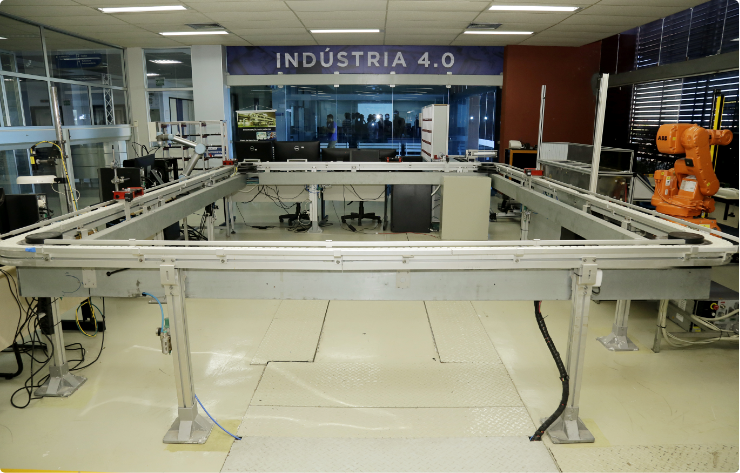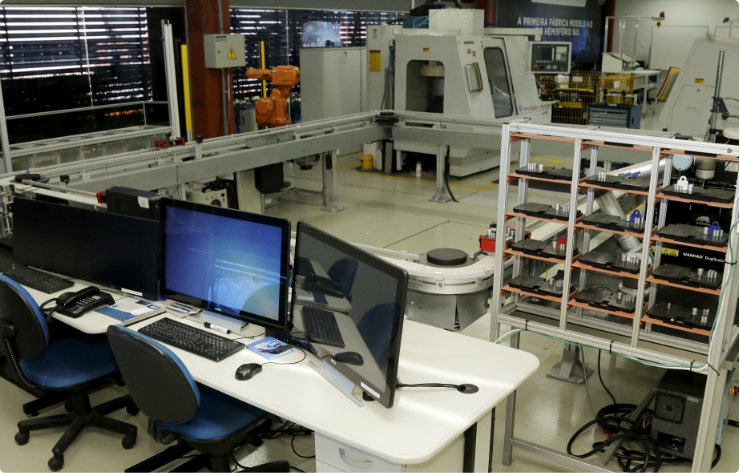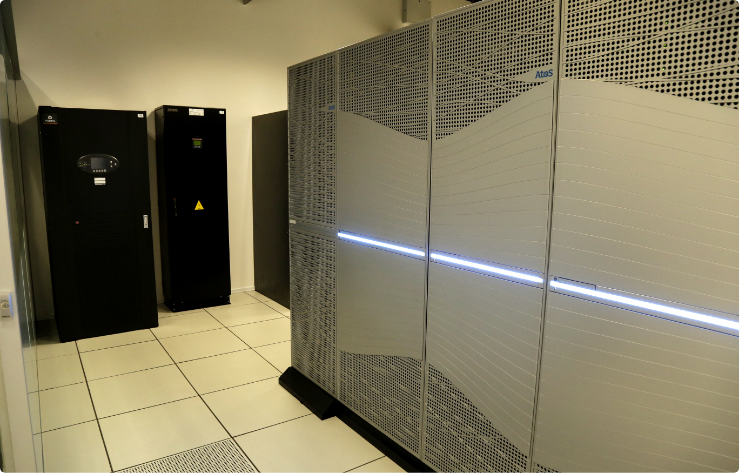Basic definitions of electrochemistry and its applications:
-Spontaneous and non-spontaneous electrochemical processes
-Oxidation and reduction, Redox reactions and Definition of chemical potential
-Oxidizing and reducing agents.
-Anode and cathode of an electrolytic cell
Electrochemical reactions to obtain H2V:
– Water electrolysis processes for the production of H2V
– Types of anode and cathode, electrodes and electrolytes involved in obtaining hydrogen.
– Scientific and technological evolution related to electrochemistry applied in the production of H2V
– Parameters that interfere with water electrolysis
Constructive elements and operation of electrolyzers:
-Constructive elements of electrolyzers
– Operation of an electrolytic cell used for the production of H2V.
– Classification of electrolyzers
– Influence of operational variables on the efficiency of the electrolysis process
– Catalysts used in the water electrolysis process
Practical applications of water electrolysis in H2V Production:
– Real cases in which water electrolysis for the production of H2V is applied
– Challenges faced in the production of H2V through electrochemical processes
– Future perspectives for electrochemistry in green hydrogen production
GRADUATE PROFILE
At the end of the course, you will be able to understand the components and reactions involved in electrochemical processes, with a focus on the electrolysis of water, used to produce green hydrogen.
COURSE PERIOD
01/29/2024 to 03/21/2024



